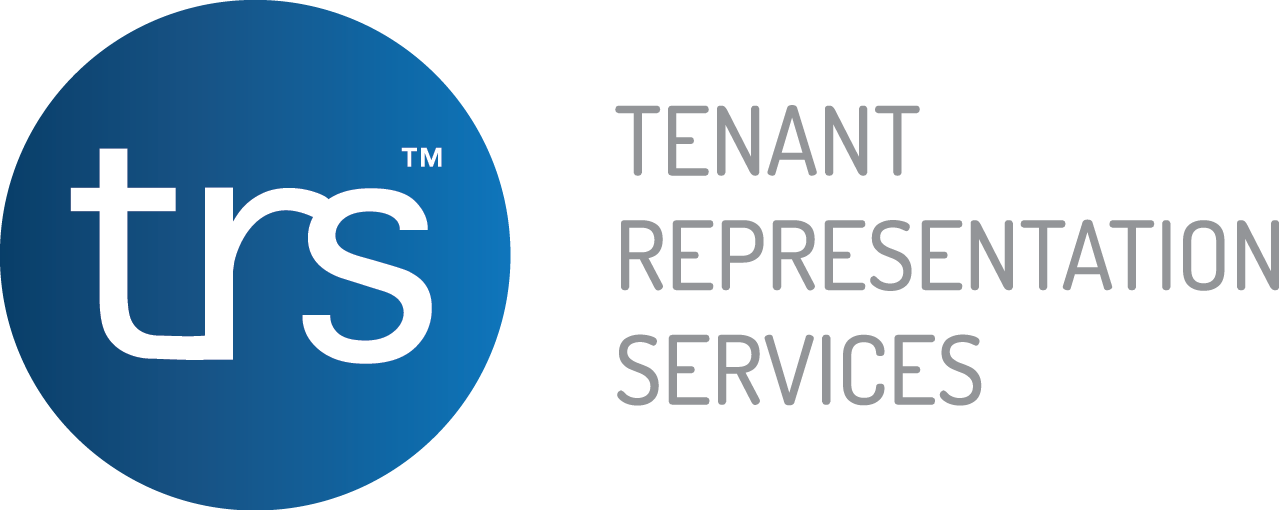A recent article in the Guardian Australia took an in-depth look at returning to the office in Australia.
The Covid pandemic disrupted the traditional work agreement between employers and employees, allowing many to work from home. Now, as employers seek to bring people back to the office, a tension is emerging between remote work and working in the office.
In an article titled “The office returns: are the days of Australians working from home numbered?,” Kurt Johnson takes an in-depth look at the issues. Here’s a summary:
The shift back to the office
Employees are being asked to return to the office after widespread remote work during the pandemic. This shift is causing tension and debate among both employees and employers.
Predictions for office return
Predictions from professors and CEOs suggest that, over the next few years, more employees will be required to return to the office. Some companies plan to reward those who return with better pay, assignments, or promotions.
Union pushback
Labour unions are pushing back against mandates to return to the office. They are advocating for greater flexibility in remote work arrangements.
Productivity debate
The productivity of remote work is a topic of debate. Some argue that it’s more productive in terms of pure output, while others believe the office is more productive due to social interactions.
Trust & control
Employers are concerned about trust and control when employees work remotely. Some are insecure about whether their staff are working as expected when they can’t see them in the office.
Employee flexibility & leaving jobs
Many employees are willing to leave their jobs if their employers do not offer the level of flexibility they desire. Cost of living is a significant factor, as employees want to save money on commuting and childcare costs.
Impact on mental health
A survey of workers found higher levels of depression, loneliness, anxiety, and negative affect among employees working solely from home. Productivity was lowest in a hybrid work model. Quality leadership can help mitigate these issues.
Changing role of the office
The office’s function has evolved from being a place of productivity to one where psychological safety, innovation culture, and relationships are built.
To find out more about the evolving role of the office, read our article on the vital role of office space planning.
The needs of younger employees
Younger employees may benefit more from in-person work, as they need proximity to colleagues for networking and career development. They are more vulnerable to loneliness and anxiety, and their living situations may not be conducive to remote work.
Benefits of in-person work
In-person work is valuable for career development, building relationships, and seeking guidance from senior staff. Impromptu interactions with colleagues are easier in an office setting.



